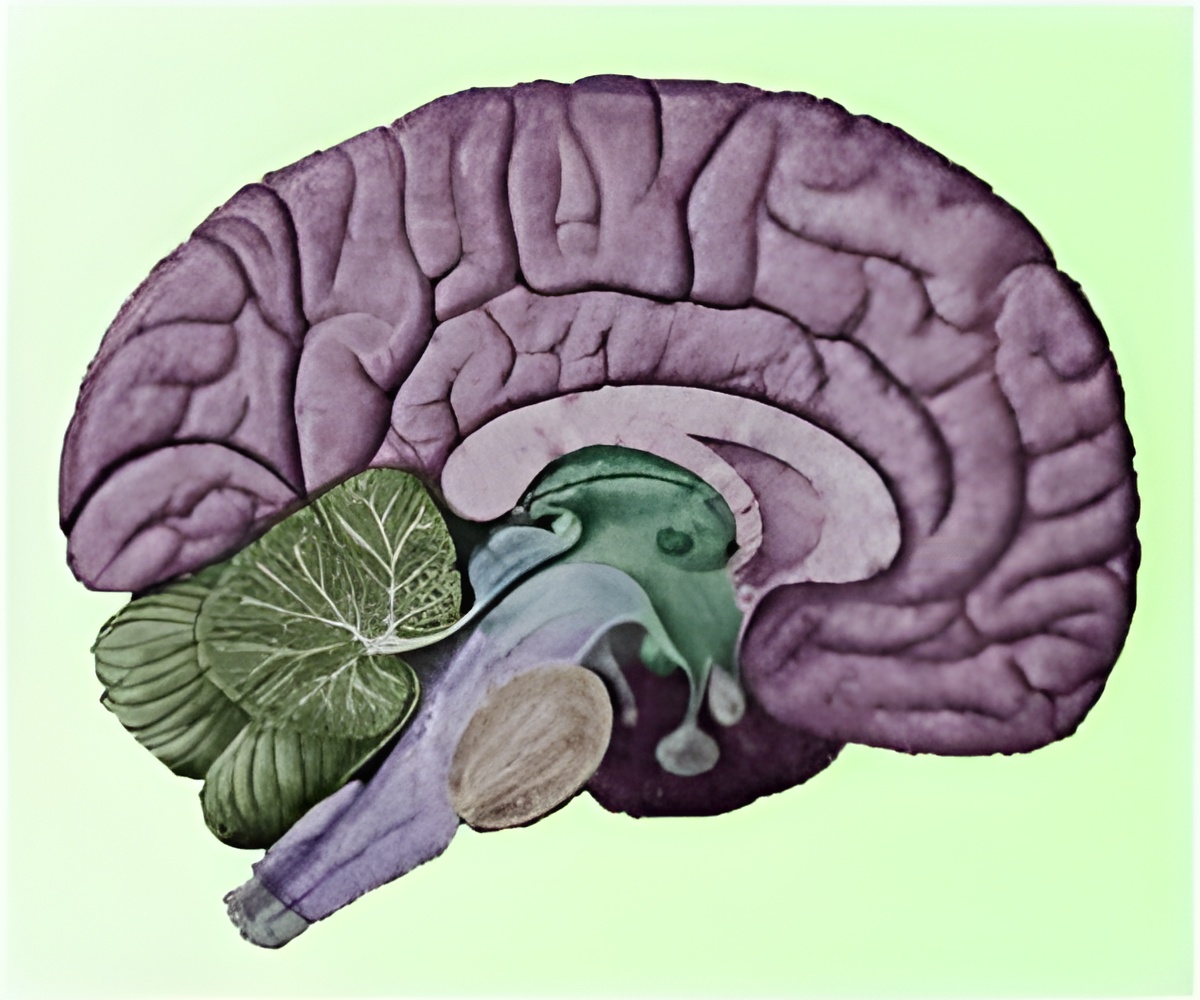
"Developmental brain disorders may be traceable to altered methylation of genes early in life," explained Barbara Lipska, Ph.D., a scientist in the NIH's National Institute of Mental Health (NIMH) and lead author of the study. "For example, genes that code for the enzymes that carry out methylation have been implicated in schizophrenia. In the prenatal brain, these genes help to shape developing circuitry for learning, memory and other executive functions which become disturbed in the disorders. Our study reveals that methylation in a family of these genes changes dramatically during the transition from fetal to postnatal life – and that this process is influenced by methylation itself, as well as genetic variability. Regulation of these genes may be particularly sensitive to environmental influences during this critical early life period."
Lipska and colleagues report on the ebb and flow of the human prefrontal cortex's (PFC) epigenome across the lifespan, February 2, 2012, online in the American Journal of Human Genetics.
"This new study reminds us that genetic sequence is only part of the story of development. Epigenetics links nurture and nature, showing us when and where the environment can influence how the genetic sequence is read," said NIMH director Thomas R. Insel, M.D.
Source-Eurekalert












